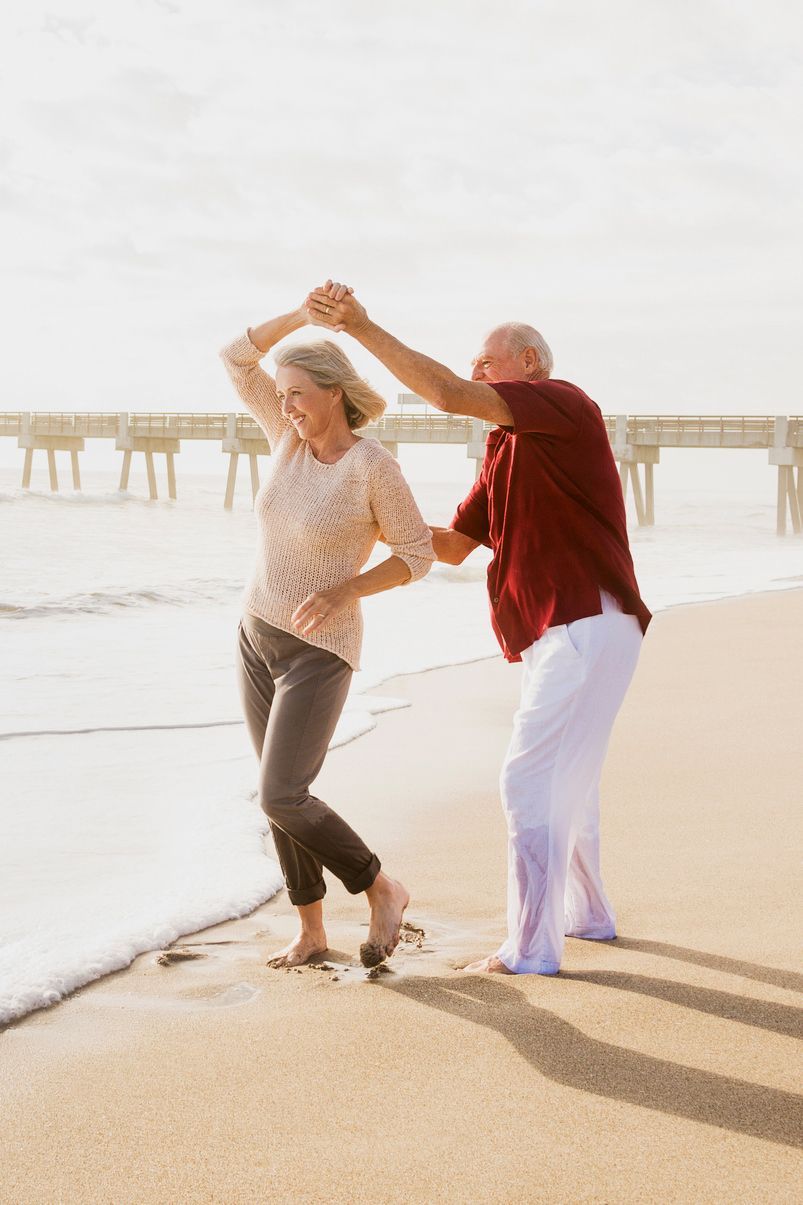Home Health Care Updates and Information
All Stat Home Health is constantly looking for new COVID-19 Resources for clients, employees and their families. We recently came across this valuable website that provided clear concise guidelines to understanding signs and symptoms of COVID-19 along with a number of valuable guidelines and resources. You can access the site by going to: https://info.hhaexchange.com/covid-19-resources
The post COVID HHAeXchange Resource Page appeared first on Home Health Care in Sarasota & Port Charlotte | All Stat Home Health.
In an attempt to provide as many resources as possible to members of the Sarasota, Manatee, Charlotte County Communities, we have put together a COVID Resource Directory that allows you to easily search and gain access to valuable information related to services from Housing and Utilities, Food Pantries in our area, Delivered Meals, Activities, Federal…
The post COVID Resources Directory appeared first on Home Health Care in Sarasota & Port Charlotte | All Stat Home Health.
CoronaVirus COVID-19 Protocol All Stat Home Health has established this protocol as part of our ongoing Comprehensive Emergency Management Plan (CEMP) to address both concerns for education and quarantine in the face of the CoronaVirus (COVID-19). We feel it is vitally important for clients to understand the steps that All Stat has taken to ensure…
The post CoronaVirus COVID-19 appeared first on Home Health Care in Sarasota & Port Charlotte | All Stat Home Health.
In an effort to make Sarasota County a Dementia Caring Community, local community stakeholders have partnered with the Florida Department of Elder Affairs in a state-wide initiative: The Dementia Care and Cure Initiative (DCCI). The Sarasota County DCCI Task Force is proud to announce a new FREE program to make businesses and organizations officially Dementia-Caring.…
The post Dementia Sensitivity Training (DCCI) appeared first on Home Health Care in Sarasota & Port Charlotte | All Stat Home Health.

Updated All Stat Inservices are now available! All Employees are required to maintain ongoing inservice training. These inservices are presented on various topics. Certified Nursing Assistants are required to show evidence of 12 Inservice credits annually. As a result, All Stat provides these inservices for all staff at no charge to meet our requirements as…
The post Updated All Stat Inservices appeared first on Home Health Care in Sarasota & Port Charlotte | All Stat Home Health.

All Stat has added a valuable new feature, Medical Fact Sheets, to our website. The Medical Fact Sheets are brief, one page summaries of various medical conditions and diseases. They are designed to improve patient and family understanding of their condition, symptoms, treatment and prevention. Topics range from Childhood Allergies to Prostate Care. Many of…
The post New Medical Fact Sheets appeared first on Home Health Care in Sarasota & Port Charlotte | All Stat Home Health.

Contact us today at 941-923-0880 or 941-764-0880 for more home health care tidbits and news.
